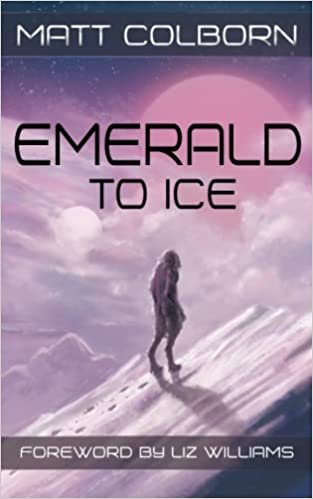Consciousness Studies
In the 1990s and early 2000s I completed first a Masters and then a doctorate in cognitive science. Cognitive science is the study of how the mind works and how it solves everyday tasks. My doctorate at Sussex University concerned learning and memory in bumblebees. Basically, my colleagues and I spent three years training bumblebees in a big perspex-topped coffin. You can hear more about this on a science program I did on BBC Radio Northampton, with Helen Baby and Cal Cooper.
Consciousness remains the biggest mystery about the mind. Consciousness concerns things like subjective experience, free will, altered states, etc. Thanks to science and technology, we have an increasingly sophisticated and impressive understanding of the material world, including the brain. We still do not have a good understanding of how subjective experience relates to physical processes. Some assume that consciousness arises from physical processes in ways that we don’t currently understand. Others think that consciousness might be a fundamental property of the world. This question, despite much hype hinting otherwise, remains unsolved.
In 2011, Imprint Academic published my book Pluralism and the Mind: Consciousness, Worldviews, and the Limits of Science. This was a summary of my thinking on the mystery of consciousness up to that point. My 2025 book from Collective Ink What Lies Beyond: Consciousness, Science, the Paranormal and the Post-Materialist Future updates my thoughts on consciousness and provides an introduction to the controversial field of parapsychology. Readers might also be interested in an essay and glossary on consciousness that I have written for the Alef Trust Approaches to Consciousness Course. This is currently updated annually, and is intended to be an introduction to the major topics and controversies in the field of consciousness studies.
My interest in consciousness has always included what have been called ‘anomalous’ or ‘psychic’ experiences. ‘Parapsychology,’ the study of ostensible psychic phenomena, has often been dismissed as ‘woo woo’ or ‘pseudoscience.’ I think this sort of dismissal is a mistake. ‘Anomalous experiences’ form a huge body of human experience that shouldn’t be ignored. The properly ‘scientific’ response is to try better to understand such experiences. For more information about this and other topics check out my academic writings on my academia.edu page and also the What Lies Beyond book. I have also contributed to the Society for Psychical Research’s Psi Encyclopedia.
The podcast accompanying What Lies Beyond hosts interviews on the topic of consciousness and parapsychology. You can also check out a series of group dialogues on parapsychology I was involved in on BBC Radio Northampton in 2021. Links on my media page.
Science Fiction Writing
In 2001, Interzone Magazine published my first short story, “The City in the Dusk.” Since then I’ve had several short stories published in anthologies, magazines like BFS Horizons and websites like Little Blue Marble. I’m also an alumnus of the Milford Writer’s Conference, hosted in Trigonos, Snowdonia, and have contributed several pieces to their blog.
All of my published short stories up to 2021 are available in the second, expanded edition of my short story collection, The City In the Dusk and Other Stories. In 2021, I published a novella, Emerald to Ice. This was in some ways a response to Ursula Le Guin’s The Word for World is Forest. You can read more about Emerald to Ice in this linked article, published for the Alef Field. This novella was always intended to be part of a series, so watch this space.
I have also contributed a chapter to the book version of the sadly late Paul Brazier’s online diary of the Mitre Pub Interzone years. The Mitre is where the editorial staff of Interzone and other members of the science-fiction community met in Brighton from the 1980s to the early 2000s. I was a regular attendee around the turn of the century, and we owe Nigel Brown a debt for putting Paul’s weekly reports together.
Space Art
I’m a member of the International Association of Astronomical Artists (IAAA), and contributed a chapter and a painting to their book The Beauty of Space Art in 2021. At some point, I’ll put together a gallery of my art and illustration. In the meantime, here’s a link to some of my older illustrations at the IAAA. I have also published the occasional blog on space art. Here’s one on Mars. See also my interview on the Space Show podcast.



